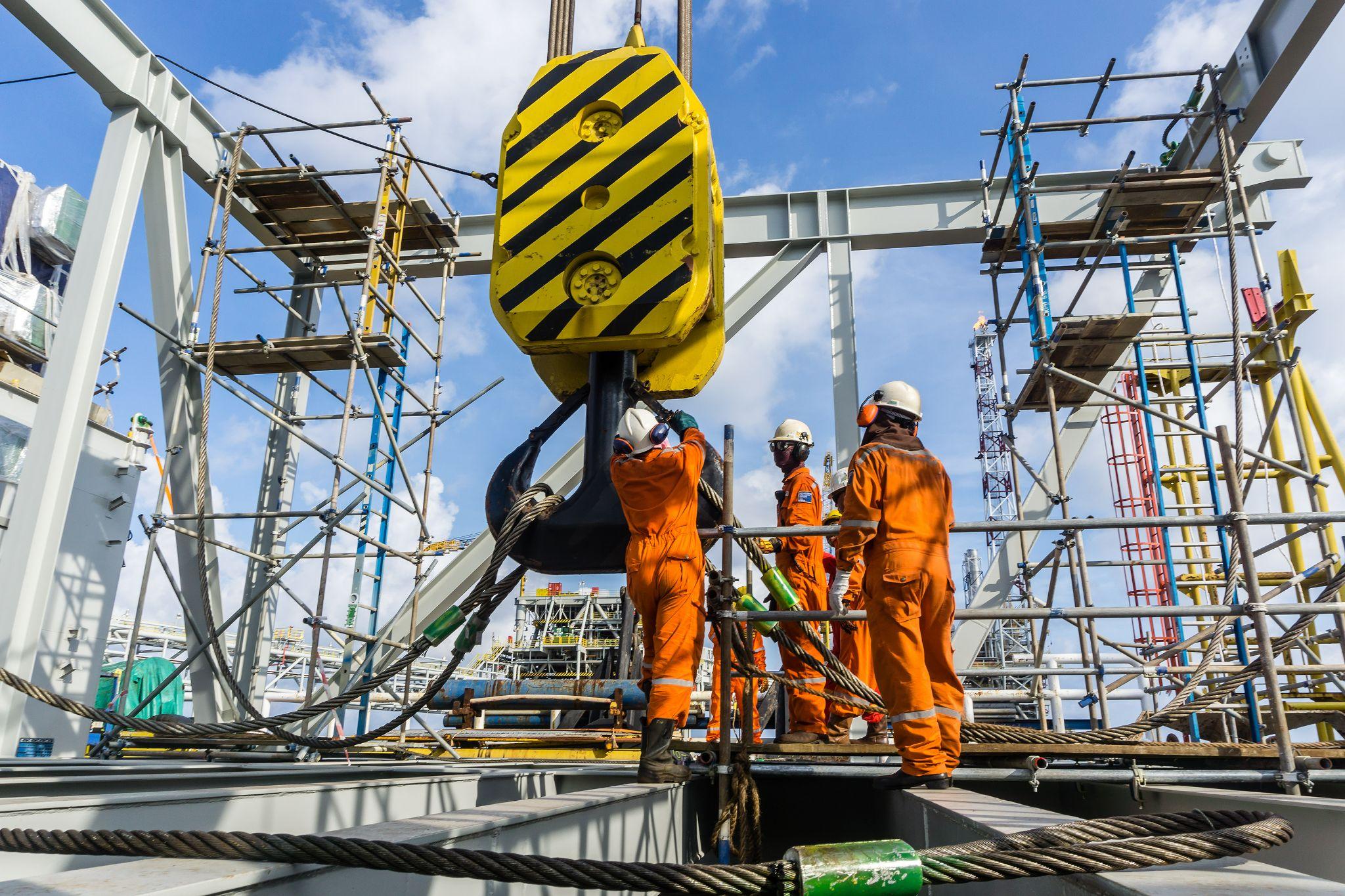
Blog
Everything You Need to Know About Maritime Head Injuries
Posted in Maritime, Maritime Injury
Head injuries commonly occur in the maritime industry and can cause life-threatening and life-changing injuries. Accidental head trauma can lead to serious medical complications that can be compounded by delayed medical care or misdiagnosis.
While some causes of maritime accidents cannot be prevented, in many cases negligence plays a factor. Maritime law offers protections for workers that vary depending on where you work, the kind of work you do, and who is at fault for the injury.
Let’s delve into the causes of maritime head injuries, warning signs of a serious head trauma, the complications that might develop, and what you should do if you sustain a head injury at sea.
What Causes Accidental Head Trauma?
Head injuries fall into two categories, those caused by being struck in the head, and those caused by shaking or momentum.1 On land, these often result from car accidents, sports injuries, or industrial accidents. However, head injuries at sea are often caused by:
- Falling from one level of the ship to another
- Being crushed by moving cargo or equipment
- Being struck by moving cranes, lines, or falling objects
Your skull is designed to protect your brain from damage resulting from a minor fall or blow to the head, but with the rolling decks and dangers like oil, hydraulic fluid, or swinging gear, serious injuries can and do occur at sea. Often, these are associated with spinal injuries as well.1
Serious Complications of Maritime Head Injuries
It is very difficult to determine how serious a head injury is based on a physical examination. Some minor head injuries bleed heavily, while more severe damage to the brain might not appear serious at first. In the hours or days following a trauma to the head, these complications could occur:1
- This is a blood clot in the brain that can cause pressure inside the skull or obstruct blood flow. Loss of consciousness, permanent brain damage, or death can happen as a result of a hematoma.
- Bleeding that has not clotted inside the skull or within the brain describes hemorrhaging. This is a life-threatening condition that also causes pressure buildup and potential brain damage.
- When the brain hits the inside of the skull hard enough to cause damage, this is called a concussion. It can be caused by a hard blow to the head or rapid acceleration and deceleration. Generally people recover fully from a minor concussion, but a severe or repeated bruising of the brain can have serious long-term effects.
- This type of brain injury involves swelling of the brain after an injury. Because your skull cannot stretch to accomodate the swelling of the brain tissues, pressure builds up and causes possible brain damage and other serious complications.
- Skull fracture. When a blow to the head or crushing accident causes the bones of the skull to break, it is very likely to cause damage to the brain. Bone fragments and the sheer force required to break the strong bones of the head make skull fractures among the most serious accidents on a vessel.
- Diffuse axonal injury. This is also called a sheer injury, and describes damage to the brain cells without bleeding. This type of brain injury is more difficult to identify because it is not outwardly visible, but it can cause permanent brain damage or death as the cells stop functioning.
Long-Term Effects of Serious Head Trauma
Many individuals who suffer head trauma at sea will experience long-term effects of their injury. Consulting with a maritime accident lawyer as soon after your injury as possible will help you receive full and fair compensation for these long term results of a brain injury:
- Coma or death
- Nerve damage
- Infections
- Cerebral fluid buildup
- “Locked-in” syndrome
- Permanent vision or hearing impairment
- Loss of motor function
- Cognitive issues
- Memory problems
Warning Signs of a Serious Head Injury at Sea
If you suspect head trauma after an accident onboard a ship, seek medical attention immediately. Even if you get the all-clear from the medical officer, watch for and report any of these symptoms in the hours and days following your accident:
- Worsening headaches
- Ringing in the ears
- Vision problems
- Vertigo or a spinning sensation
- Confusion, memory loss, disorientation
- Vomiting and nausea
- Passing out or losing time
- Seizures or convulsions
- Loss of coordination or muscle control
- Sudden changes in mood or behavior
- Clear fluid leaking from ears or nose
- Dilated or uneven pupils in the eyes
Benefits Available After a Maritime Head Injury
Clearly, accidental head trauma can cause serious life-changing complications that require extensive medical care and physical therapy. Whether you are laid up for a few months or need long-term disability after suffering a maritime head injury, chances are there are benefits available to you under maritime law.
Maintenance and cure is one example of the most basic benefit provided to seamen who are injured or fall ill while in service to a vessel. This no-fault coverage should start automatically and cover your medical bills and reasonable living expenses until you can return to work.
If the negligence of the shipowner, lack of safety gear and proper equipment maintenance, an unseaworthy vessel, or a poorly trained crewmate had a part in causing a serious head injury at sea, you may be entitled to additional compensation under the Jones Act or other maritime laws. Speaking with a qualified maritime accident attorney can provide the answers you need about the disability compensation or death benefits you and your family deserve.
Do You Need a Maritime Accident Lawyer?
Maritime law is a complex specialty that differs greatly from standard workers compensation or personal injury lawsuits. If you have sustained a head injury as a maritime worker, you can benefit from a free confidential case consultation from one of the most trusted and successful maritime law firms in the country.
Schechter, Shaffer & Harris, L.L.P.—a.k.a. Maintenance and Cure—has recovered over $800 million dollars in Jones Act settlements and maritime injury cases nationwide. Every maritime accident attorney on our team has more than 25 years of experience, and we have represented clients in many historic maritime and refinery disaster cases.
We understand the financial hardships you face after a serious maritime injury when you are unable to work and struggle to receive the compensation you need and deserve. You can speak to one of our trusted advocates today for a no-obligation case evaluation at no cost to you and no fee unless you win your case or receive a settlement with our help. There is no reason to be cast adrift after an accident at sea. Contact us today to get your bearings again.
Source:















